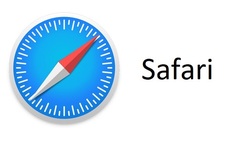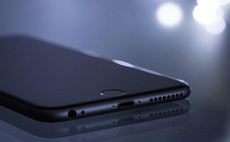New Apple iPhones with A14 chip, and improved cameras and displays are expected to be unveiled in September
Apple is gearing up to launch three new iPhone 11 models later this year. The devices will feature Apple's new A14 chip, codenamed Cebu, and a Lightning port, despite earlier rumours it would be...
To continue reading this article...
Join Computing
- Unlimited access to real-time news, analysis and opinion from the technology industry
- Receive important and breaking news in our daily newsletter
- Be the first to hear about our events and awards programmes
- Join live member only interviews with IT leaders at the ‘IT Lounge’; your chance to ask your burning tech questions and have them answered
- Access to the Computing Delta hub providing market intelligence and research
- Receive our members-only newsletter with exclusive opinion pieces from senior IT Leaders






















